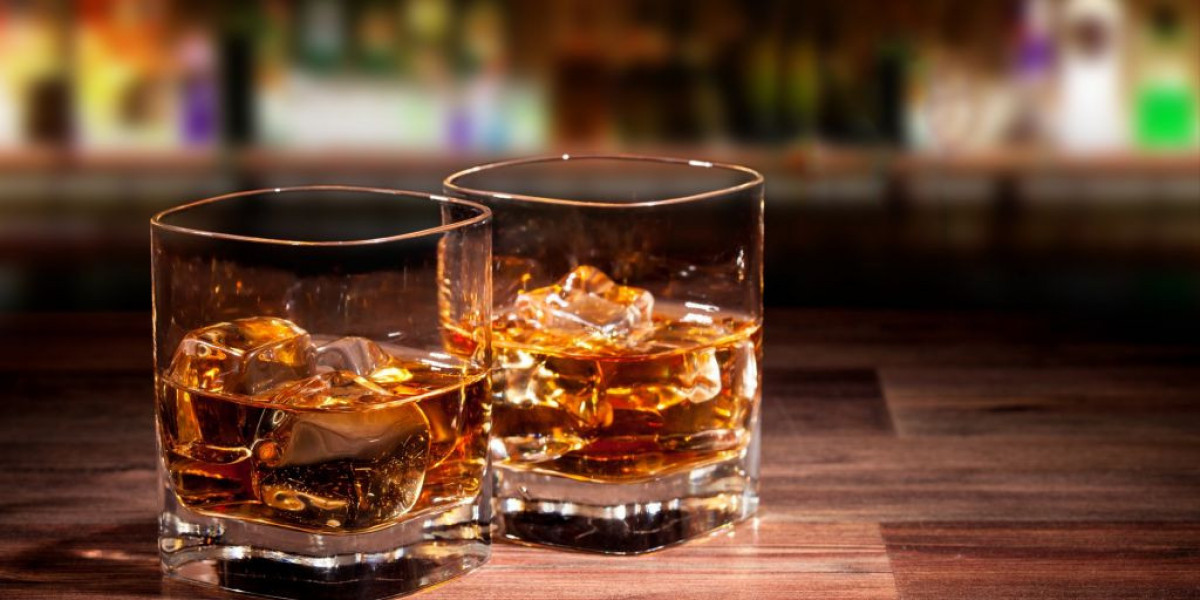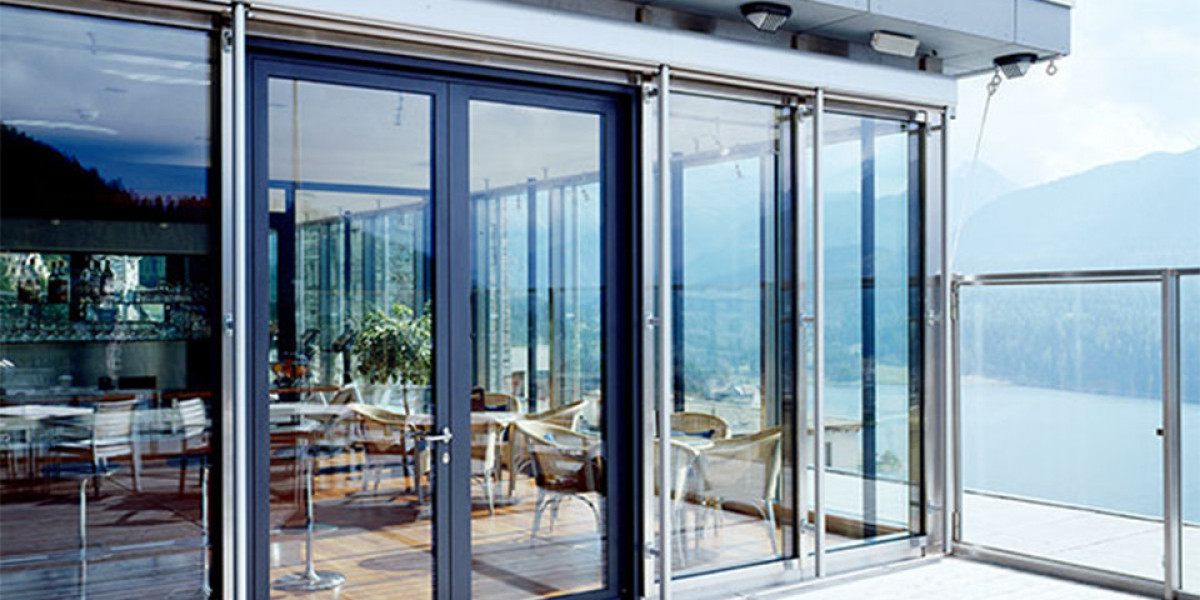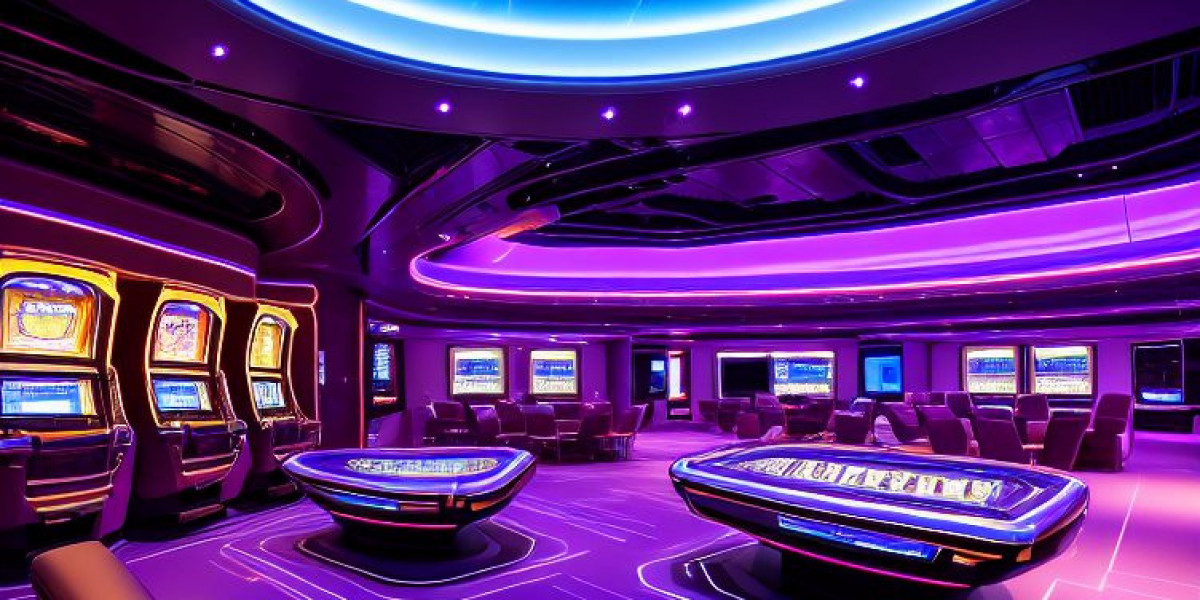The beverage industry has witnessed a rapid transformation as consumers increasingly lean toward healthier, more mindful drinking habits. Among the notable trends is the surge in popularity of non-alcoholic spirits.
While non-alcoholic beer and wine have carved out their place, a newer, more curious product has entered the spotlight: whiskey. But this innovation raises an important question—is non-alcoholic whiskey a clever gimmick or a genuine game-changer?
The Rise of Mindful Drinking
Before diving into the controversy surrounding non-alcoholic whiskey, it’s crucial to understand the broader cultural shift driving its emergence. Across the globe, people are rethinking their relationship with alcohol. Movements like “Dry January” and “Sober October,” coupled with a growing awareness of health and wellness, have made it more acceptable—and even trendy—to abstain from drinking.
Gen Z and Millennials, in particular, are leading this shift. According to a 2023 report by IWSR (International Wines and Spirits Record), the no and low-alcohol category is expected to grow by 34% by 2026. Consumers are demanding sophisticated alternatives that allow them to enjoy the social aspects of drinking without the downsides of alcohol.
What Is Non-Alcoholic Whiskey?
At first glance, non-alcoholic whiskey may sound like an oxymoron. Whiskey, after all, is traditionally defined as a distilled spirit made from fermented grain mash, aged in wooden barrels, and containing a significant alcohol content, usually around 40%.
Non-alcoholic wine attempts to recreate the flavor profile, aroma, and mouthfeel of traditional whiskey, without the alcohol. Brands like Lyre’s, Ritual Zero Proof, and Monday have developed complex formulas using botanicals, spices, extracts, and flavor compounds to simulate the experience of drinking whiskey.
The production process typically does not involve distillation or barrel-aging in the traditional sense. Instead, it focuses on replicating the key elements whiskey drinkers recognize: smokiness, oakiness, caramel notes, spice, and warmth.
The Gimmick Argument
Critics of whiskey often label it a gimmick. Here are some of the main arguments:
1. Lack of Authenticity
Whiskey purists argue that removing alcohol from whiskey strips it of its essence. Without fermentation, distillation, and aging, can it truly be called whiskey? Legally, in many countries, the answer is no—"whiskey" must contain a minimum alcohol volume to meet classification standards. This leaves non-alcoholic versions in a nebulous branding space, relying on "whiskey-style" or "whiskey alternative" to avoid misleading consumers.
2. Taste and Texture Challenges
Despite impressive advancements in food science, non-alcoholic spirits still face taste and mouthfeel challenges. Alcohol contributes not just intoxication, but texture, weight, and a signature “burn” that’s hard to replicate. While some whiskeys come close, critics claim many fall flat or taste like flavored water or spiced tea.
3. Price Concerns
Non-alcoholic whiskeys often carry premium price tags—sometimes as much as traditional whiskey. For a product that lacks the expensive ingredients, aging, and distillation process, some consumers feel they’re not getting value for money. This feeds skepticism that the category is more about capitalizing on a trend than delivering quality.
The Game-Changer Perspective
Despite the skepticism, a growing community views whiskey as a legitimate innovation with significant cultural and commercial value. Here’s why:
1. Inclusion and Social Equity
Alcohol has long been a central fixture in social life. Those who abstain—whether for health, religious, or personal reasons—are often left with limited options. Non-alcoholic whiskey allows them to participate in social rituals, like toasting or sipping a nightcap, without compromising their choices. It brings inclusion and a sense of normalcy to non-drinkers.
2. Culinary and Mixology Innovation
Bartenders and mixologists are increasingly incorporating non-alcoholic spirits into sophisticated cocktails. These products allow greater flexibility and creativity in crafting zero-proof beverages that retain complexity and depth. For those who enjoy the taste of whiskey but not the effects, it opens a world of possibilities.
3. Health-Conscious Lifestyle Compatibility
Non-alcoholic wine offers a compelling proposition for those seeking to reduce alcohol intake without sacrificing experience. It enables mindful drinking, offering the ritual without the regret. With benefits like reduced calories, no hangovers, and a lower risk of liver disease or dependency, it aligns with modern wellness trends.
4. Technological Progress
The industry is still young, and early shortcomings in taste and texture are already being addressed through innovation. Companies are investing in research and development to improve formulations. As techniques advance, the sensory experience of non-alcoholic wine is likely to get closer to the real thing.
Key Players in the Market
Some of the brands pioneering the non-alcoholic whiskey space include:
Lyre’s American Malt: Offers a rich, smoky profile with hints of vanilla and toasted nuts.
Ritual Zero Proof Whiskey Alternative: Focuses on spiciness and oak flavors, popular in zero-proof Old Fashioneds.
Monday Whiskey: A newer entrant with bold flavor and a warming finish, created specifically for classic whiskey cocktails.
Each product has its strengths and appeal, catering to different palates and uses—neat sipping, mixing, or mocktail crafting.
Consumer Reception
Reception to non-alcoholic wine is mixed, much like early reactions to plant-based meat. While some find it a suitable and satisfying alternative, others remain unconvinced. However, repeated blind tastings and growing customer reviews suggest that as formulations improve, acceptance is increasing.
Many consumers who don't necessarily want to quit alcohol entirely use these products to moderate, switching between full-proof and non-alcoholic drinks on the same night or week to maintain balance.
Final Verdict: Gimmick or Game-Changer?
Whether non-alcoholic whiskey is a gimmick or a game-changer largely depends on your expectations.
If you're a whiskey aficionado expecting the full-bodied complexity and warm burn of a 12-year aged single malt, you may find non-alcoholic versions lacking. But if you're someone who values the taste and ritual of whiskey without the health consequences, these products can be a meaningful, even revolutionary, alternative.
Much like how electric cars were once dismissed as impractical novelties, non-alcoholic spirits may currently be in their early, imperfect stage. But the trajectory is clear: the demand for alternatives is growing, and brands are stepping up to meet that need.










